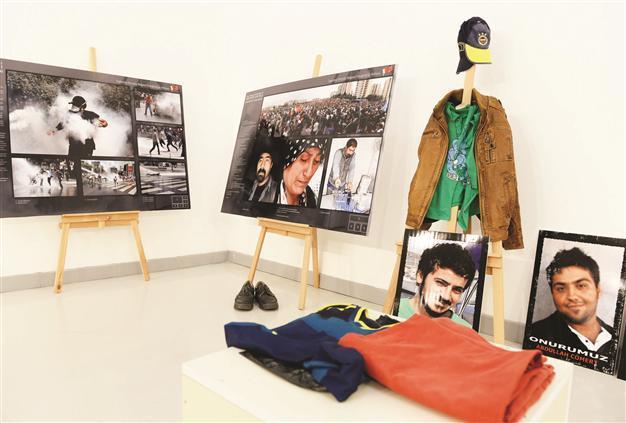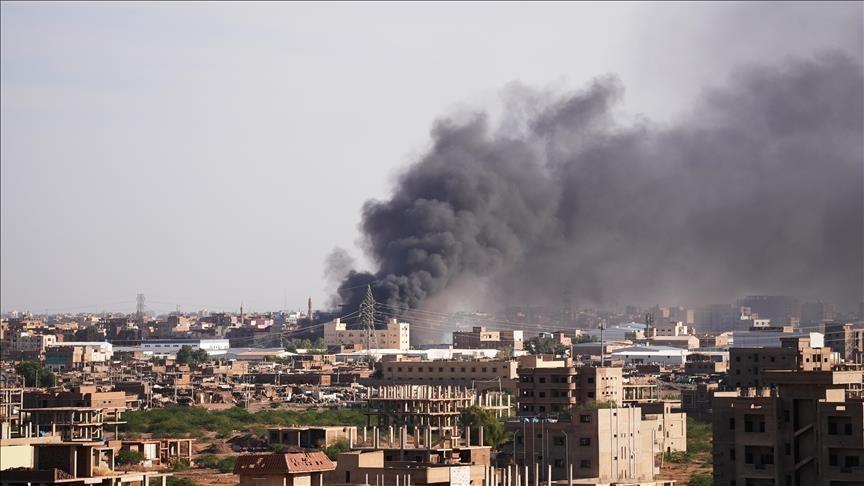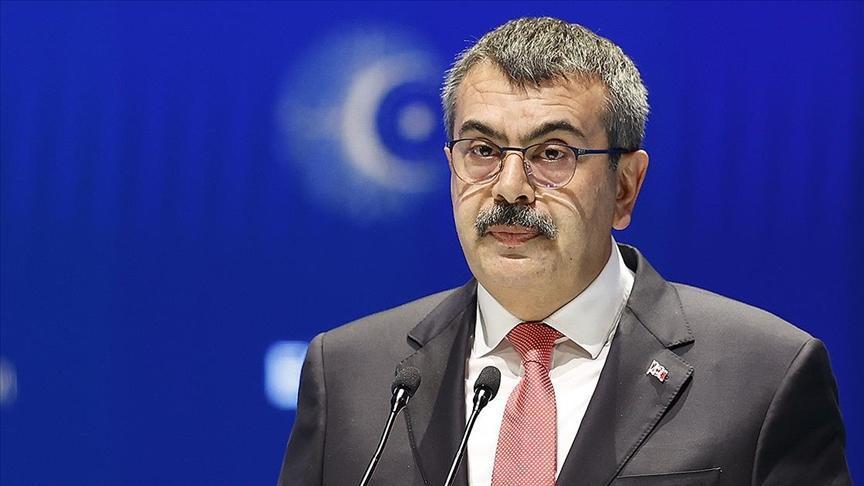‘Shame museum’ marks victims of Gezi protests
ANKARA

The ‘shame museum’ displays the personal belongings and photographs of Ethem Sarısülük and Ali İsmail Korkmaz, two people killed in the Gezi unrest.
A “shame museum” originally established to exhibit belongings, photographs and memories of those who died during the Sept. 12, 1980 military coup era, has opened this year on the theme of the Gezi Park protests.This year’s exhibition, which was launched for the 4th time on Sept. 10 in the Contemporary Art Center (Çağdaş Sanatlar Merkezi) by the Ankara 78ers Association, will be displaying the personal belongings and photographs of Ethem Sarısülük and Ali İsmail Korkmaz, two of the protesters killed during the Gezi unrest.
Belongings of another deceased protester, Abdullah Cömert, could not be placed in the museum as planned, because they were confiscated by the police while exhibited in an unofficial exhibition in Hatay, daily Radikal reported.
Sarısülük was shot dead by a police officer during a protest in Ankara’s Güvenpark, while Korkmaz was beaten to death by a group of police officers and civilians in Eskişehir, at the height of the Gezi protests.
There is also a Roboski section in the museum, to mark the air strike that killed 34 civilian villagers on Dec.28, 2011, allegedly mistaken for militants of the outlawed Kurdistan Workers’ Party (PKK).
Revolutionaries and student leaders of the late 1960s, Deniz Gezmiş’s coat and Hüseyin İnan’s shirt are also among the items on display, which can be seen until Sept. 24. Gezmiş, İnan and Yusuf Aslan were found guilty under Art. 146 of the Turkish Criminal Code (TCK) which reads, “attempting to change all or part of the Constitution of the Republic of Turkey,” and were executed on May 6, 1972 at Ulucanlar Penitentiary in Ankara.
















